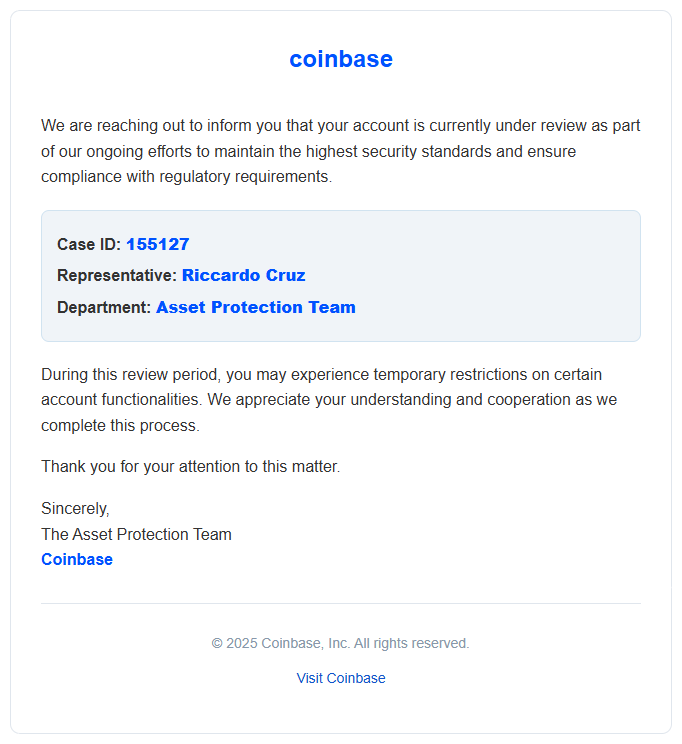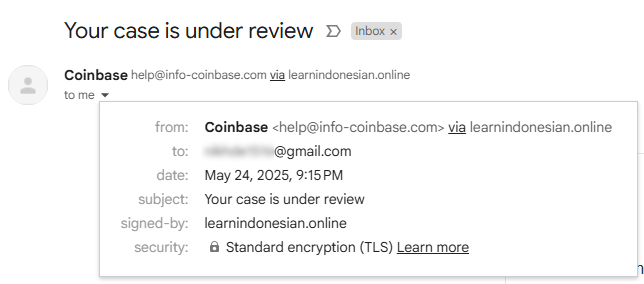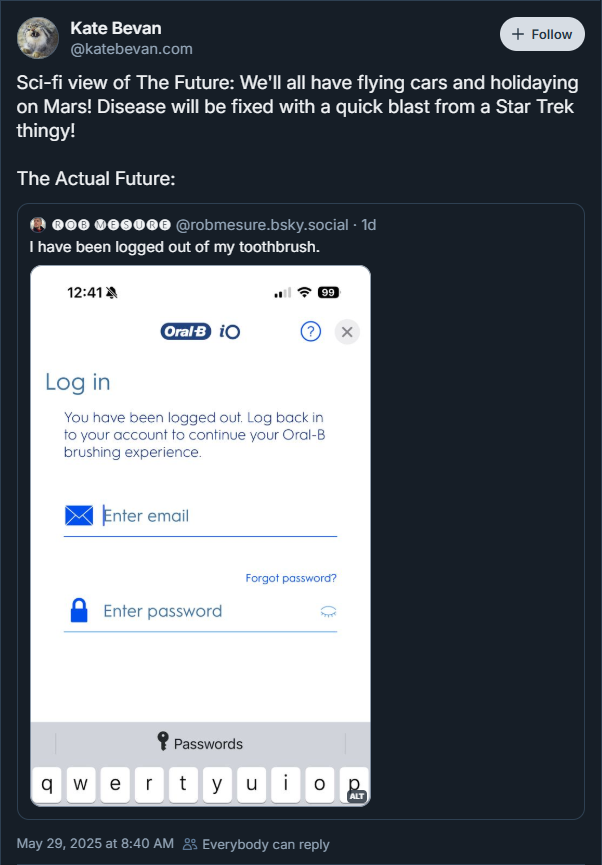Uncategorized
Matador Technologies to Acquire Stake in Indian Firm HODL Systems

Matador Technologies, a Toronto-based digital asset firm, has entered a binding letter of intent to invest up to $3.2 million in HODL Systems, a publicly listed Indian company that integrates crypto into its treasury strategy. If fully exercised, the investment would give Matador up to a 24.95% ownership stake.
The agreement also outlines plans for HODL to license and distribute Matador’s blockchain-based digital gold and Ordinals products in India — one of the world’s most gold-obsessed and mobile-savvy markets. India’s households hold over 25,000 tonnes of gold, according to the World Gold Council, while more than 65% of the population is under 35, presenting a large potential user base for digital investment platforms.
“This strategic investment in HODL underscores our commitment to expanding our footprint in high-growth markets,” said Matador CEO Deven Soni. Chief Visionary Officer Mark Moss added that the partnership reflects a belief that “the next wave of global financial infrastructure will be built on digital assets.”
Pending regulatory approvals, the first tranche of the warrant investment — 25% of the total — is expected to close by July 10, 2025. The remainder will be committed within 18 months. The warrants can be converted into equity shares at a 1:1 ratio during that window.
The deal is subject to TSX Venture Exchange approval, shareholder consent at HODL, and issuance of the warrants in dematerialized form. If completed, the move would not only mark Matador’s entry into India, but also position the firm to tap into one of the largest untapped markets for crypto-backed financial tools.
Uncategorized
Brazilian Fintech Firm Méliuz Plans $78M Equity Offering to Buy Bitcoin, Shares Plunge
Brazilian fintech Méliuz (CASH3), which serves over 30 million users in the country, is launching a public share offering to raise up to R$450 million ($78 million), with plans to allocate all proceeds to purchasing bitcoin BTC.
The offering, announced Friday in a securities filing, consists of an initial issuance of 17 million common shares, with the possibility of expanding to 51 million depending on demand. Shares will be sold exclusively to professional investors in Brazil and abroad under automatic registration rules.
Each share purchased will come with a package of free subscription warrants divided into 10 series, allowing investors to buy additional stock at set prices in the future.
At current share prices, Méliuz expects to raise around $26 million, but that figure could triple if overallotment options are exercised.
Investors participating in the offering will also receive 50.6 million warrants, of which up to 152 million will be issued in total under maximum subscription conditions.
Méliuz will use the raised funds to acquire BTC, positioning it as a «primary strategic asset» in its treasury. The firm, known for its cashback and financial services platform, revealed it was allocating 10% of its cash reserves to BTC back in March.
Warrant trading is expected to begin on June 16, with share settlement and crediting of the bonus instruments by June 18.
The company currently holds 320.2 BTC. Its shares dropped more than 8% in Friday’s trading session.
Uncategorized
JPMorgan’s Jamie Dimon Says U.S. Should Stockpile Missiles, Not Bitcoin

JPMorgan CEO Jamie Dimon says the U.S. should prepare for war, not a bitcoin-driven future.
Speaking at the Reagan National Defense Forum in California on Friday, TheStreet reports, Dimon dismissed recent government moves to bolster a national digital asset reserve, arguing that real-world defense logistics, not blockchain assets, should take priority.
“We shouldn’t be stockpiling bitcoins,” Dimon said. “We know what we need. It’s not a mystery.” He called for the prioritization of “guns, bullets, tanks, planes, drones, and rare earths.”
Earlier this year, U.S. President Donald Trump called for the establishment of a bitcoin reserve and digital assets stockpile. Dimon isn’t convinced about it.
“If there’s a war in the South China Sea, we’ve got missiles for seven days,” he warned. “That’s not something we should be saying with a straight face.”
Dimon, a well-known crypto critic, revealed earlier this month that JPMorgan will soon allow clients to buy bitcoin.
Uncategorized
State of Crypto: Someone Tried to Scam Me (Probably)

Coinbase won’t call customers to warn them that their accounts may have been compromised. It’s a common scam vector. Still, someone tried it on me.
You’re reading State of Crypto, a CoinDesk newsletter looking at the intersection of cryptocurrency and government. Click here to sign up for future editions.
Account compromise
The narrative
Last weekend, an unknown California number called me. A helpful gentleman informed me that my Coinbase account had been compromised during its recent data breach and he was there to assist me in not losing my assets.
Oh no, the horror!
Why it matters
All right, so obviously this is a scam. Right after hanging up with this supposed help desk agent, I texted a Coinbase spokesperson to verify that at no point would the exchange call a customer to tell them their account was compromised. It’s scam 101 — if you’re getting a phone call informing you that your account’s been compromised, whether at a crypto exchange, a bank, the IRS, whatever, it’s a scam. Do not share your personal details and do not provide any passwords if you get a call like this.
There were a few flaws in the attempt to get me to, presumably, move my funds from my supposedly compromised Coinbase account to another address. But I’m hopeful that this can be a useful teaching moment for the nearly 70,000 people who have been affected by Coinbase’s recent breach disclosure, as well as anyone else who receives a phone call claiming their information has been compromised. Here’s how this went down.
Breaking it down
Let’s start from the beginning. On Saturday, May 24, I received a call from a number I didn’t recognize to my personal phone, not my public-facing work number. It being a weekend, one where I was actually visiting family in another state, I didn’t pick up. Then the same number called back and I still didn’t pick up (yes I know, riveting, but it’s 2025 and you can leave a voicemail or text).
Ten minutes later, I received a third call from a different number, which I did pick up because at that point I was curious.
A fast-talking gentleman who called himself Riccardo told me he was part of Coinbase’s Actions and Protections Department and that he was reaching out because my Coinbase account information had been compromised and a new email had just been added to my account.
I was pretty confused, for reasons I’ll get into below. But I was also intrigued because there were immediately four red flags. For simplicity’s sake, I’ll refer to the caller as «the agent» from here on out, but to be absolutely clear, I doubt he is an actual customer service agent, representative or other employee of Coinbase, and he certainly was not reaching out to me as an authorized representative of the exchange.
First off, the phone call itself is a big red flag. Coinbase will never call a customer about a breach, but rather will contact customers via email, it previously said in a tweet.
This is actually standard. The Federal Trade Commission website notes there is a vast range of scams wherein someone will call you, and numerous other companies have warnings that their employees will never proactively call a customer about account issues.
The agent I spoke to said they would freeze my account for 24 hours to ensure no funds could be stolen (thanks, I guess?) and that a supervisor would reach out to me (I continue to wait for this supervisor to call). This supposed freeze on my account can be extended to three months if there are multiple failed login attempts.
To wrap up the call, he said he’d send me an email summarizing all the details we’d discussed. On Saturday night, I received an email with the subject line «your case is under review.»
The follow-up email this very helpful customer service representative sent was extremely informative.
For one thing, the email address they had associated with my account is a public-facing address, but is not the email address attached to my actual Coinbase account (in fairness, I forgot that part until I tried to find my login information a few days later).

Gmail initially (correctly) flagged this email as spam. I moved it to my inbox, where Gmail then showed me that the sender (help@info-coinbase.com) was not the actual sender — the email arrived via learnindonesian.online. Even the info-coinbase.com part is sketchy — for one thing, Coinbase’s website is coinbase.com, though it does send emails from info@info.coinbase.com — still, you wouldn’t expect a hyphen in a support email domain. For another, the info-coinbase domain was first created in November 2024 (according to an ICANN lookup) and isn’t a real website.

The email headers were also not super helpful in terms of providing any sort of identifying information, but they did confirm that the sender appeared to have tried to obfuscate their information.
Curiously, the «Visit Coinbase» link at the bottom appeared to link to the actual Coinbase website and there do not appear to be any hidden embedded images or other attached files in the email at all. I’m not totally sure what’s going on there. A real scammer could have embedded a virus of some sort into the email or even a tracking pixel. Another common tool scammers might use is putting in a phishing link in place of a legitimate one in an email, tricking the user into going to a website intended to steal their login information (this is not legal, technical or any other sort of advice; if you decide to try and scam somebody using information you gleaned from this newsletter, stop it).
While scammers might sometimes know how much their intended victims have in a wallet or account, the person who called me did not appear to have that information (as I have zero crypto in my Coinbase account).
I called the number back on Friday to see what might happen. No one picked up. I guess my account must be secure now.
Stories you may have missed
- Stand With Crypto Removes Soulja Boy From NJ Governor Rally After Discovering Sexual Assault Fine: Stand With Crypto announced Soulja Boy and 070 Shake would headline a «get out the vote rally» next week ahead of New Jersey’s governor primary election. SWC removed Soulja Boy a day later after discovering he was found liable for sexual battery and assault charges and ordered to pay $4 million last month, in a case stemming from 2021.
- SEC Task Force Chief Says Crypto Traders Need to be Growups, Not Cry to Government: SEC Commissioner Hester Peirce told the Bitcoin 2025 Las Vegas audience that it’s fine to invest in speculative assets, especially if there’s no federal regulator with close oversight, but those investors can’t ask for a bailout when prices sink.
- U.S. House Republicans Officially Introduce Crypto Market Structure Bill: House Republicans have formally introduced the Digital Asset Market Clarity Act, its market structure bill, just weeks after circulating a discussion draft.
- Crypto Staking Doesn’t Violate U.S. Securities Law, SEC Says: The SEC’s latest staff statement looks at staking and how the securities regulator might evaluate that part of the crypto ecosystem.
- SEC Files to Dismiss Long-Running Lawsuit Against Binance: The SEC and Binance filed a joint stipulation to drop the regulator’s case against Binance.
- Suspects in Manhattan Crypto Kidnapping, Torture Case Plead Not Guilty as Investigation Widens: News broke over the weekend that a crypto investor had been kidnapped and tortured for his Bitcoin keys. Two suspects accused of perpetrating the kidnapping have been arrested and pled not guilty.
- Trump’s Memecoin Dinner Questioned by Top Democrat on House Judiciary Committee: Jamie Raskin, the top Democrat on the House Judiciary Committee, wrote a letter to U.S. President Donald Trump calling on him to publish the names of his guests at last week’s memecoin dinner.
This week

Friday
- 15:00 UTC (11:00 a.m. ET) A federal judge held a telephone hearing to assess Roman Storm’s defense argument that the Department of Justice may have withheld information. The judge ruled that in her view, the DOJ did not have to review its materials and had not withheld information that rose to the level of affecting proceedings.
Elsewhere:
- (The Washington Post) The White House published a «Make America Healthy Again» report that cited nonexistent studies and references — with telltale signs that AI may have been used to generate at least some parts of the report.
- (The Federal Reserve) The Fed said 8% of adults who responded to a survey said they held cryptocurrency in the U.S., down from 12% four years ago.

If you’ve got thoughts or questions on what I should discuss next week or any other feedback you’d like to share, feel free to email me at nik@coindesk.com or find me on Bluesky @nikhileshde.bsky.social.
You can also join the group conversation on Telegram.
See ya’ll next week!
-

 Fashion8 месяцев ago
Fashion8 месяцев agoThese \’90s fashion trends are making a comeback in 2017
-

 Entertainment8 месяцев ago
Entertainment8 месяцев agoThe final 6 \’Game of Thrones\’ episodes might feel like a full season
-

 Fashion8 месяцев ago
Fashion8 месяцев agoAccording to Dior Couture, this taboo fashion accessory is back
-

 Entertainment8 месяцев ago
Entertainment8 месяцев agoThe old and New Edition cast comes together to perform
-

 Business8 месяцев ago
Business8 месяцев agoUber and Lyft are finally available in all of New York State
-

 Sports8 месяцев ago
Sports8 месяцев agoPhillies\’ Aaron Altherr makes mind-boggling barehanded play
-

 Entertainment8 месяцев ago
Entertainment8 месяцев ago\’Better Call Saul\’ has been renewed for a fourth season
-

 Entertainment8 месяцев ago
Entertainment8 месяцев agoDisney\’s live-action Aladdin finally finds its stars




